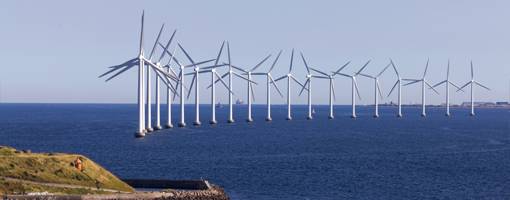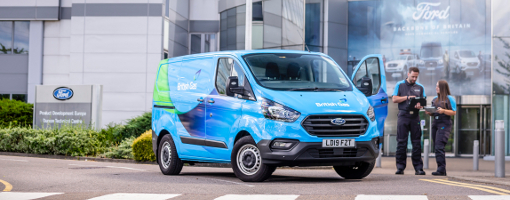Electrified transport has powered its way up the agenda and onto the roads, with dramatic increases in sales and legislation threatening to kill the internal combustion engine. However electric is not the only way.
Recently there has been a push to consider the advantages of hydrogen power, with Hyundai the most recent company to unveil a hydrogen model. The Transport Secretary Chris Grayling has also promised hydrogen power for trains in the UK, and the number of filling stations that cater for the fuel has been increased too.
But it is worth considering other alternatives too – Electriq-Global is launching a water-based fuel to power electric vehicles, with the Australian-Israeli start-up offering to provide a solution that is clean and provides, it is claimed, twice the range, at half the price.
Comprised of 60 per cent water, Electriq's technology extracts hydrogen from the water-based fuel, using a catalyst, then the spent fuel is captured and taken back to a plant where it is replenished with hydrogen and water for re-use.
Unlike pure hydrogen fuel, this fuel is safe and stable at ambient temperatures and pressures – making it easy to refuel and fast.
Meanwhile, mainstream manufacturer Mazda has revealed a number of joint research projects and studies to promote the widespread adoption of biofuels from microalgae growth.
Part of the company’s Sustainable Zoom-Zoom 2030 long-term technology development programme, the company is committed to reducing its average 'Well-to-Wheel' CO2 emissions by 90 per cent before 2050.
Because, when burnt, algae biofuel only releases CO2 recently removed from the atmosphere via photosynthesis as the algae grows, the fuel has a very low net emissions level.
Mazda considers microalgae biofuel to possess numerous positive attributes - the fuels can be farmed on land unsuitable for agriculture, can be grown with minimal impact on freshwater resources, can be produced using saline and wastewater, have a high flash point, and are biodegradable and relatively harmless to the environment if spilt.
Latest News
-
Sainsbury’s links up with Comic Relief for festive recipe campaign
-
Shepherd Neame extends air ambulance charity partnership
-
Businesses help festive match funder raise a record £57.4m
-
Firms help fund regional mayors' initiatives to tackle childhood inequality
-
Retailer raises more than £16,000 for Down’s Syndrome group
-
Snacks firm staff to donate £75,000 to charities
© 2019 Perspective Publishing Privacy & Cookies







Recent Stories